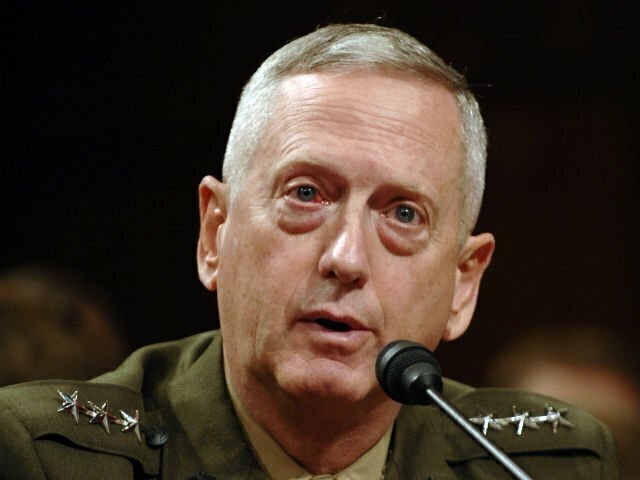
On January 20, the U.S. Senate confirmed General James Mattis as the U.S. Secretary of Defense by a vote of 98-1. Mattis is an incredibly decorated veteran, having served in the Persian Gulf and risen to leadership of U.S. Central Command in the Middle East. He is extremely qualified to lead the Department of Defense.
So why was his confirmation considered historic? Mattis had retired from the military only three years ago, and therefore might have been deemed ineligible for the job by an obscure provision of the National Security Act of 1947, which states that, in order to lead the Department, one must be seven years removed from military service (it was originally 10 years). Instead, Mattis became only the second person to receive a waiver that would allow him to serve despite his recent retirement. The first person to receive the waiver was General George Marshall, architect of the Marshall Plan.
But the waiver is only for the Secretary of Defense. President Donald Trump has also appointed two other generals to high-ranking roles: John Kelly as U.S. Secretary of Homeland Security and Michael Flynn as National Security Advisor. Kelly was confirmed by a vote of 88-11 on the same day as Mattis. Flynn’s position does not require Senate confirmation. So why is there a waiver in the first place, and why only for Defense?
The answer is grounded in the principle of civilian control of the military. The delegates to the Constitutional Convention in 1787 feared a standing army; they worried that an army could arbitrarily seize control of the government. The framers therefore put the President in charge of the army as “Commander in Chief.”
It was clear to the Framers that George Washington would be President once the Constitution was ratified, and his prior military experience only made it fitting that he would lead the nation’s fighters. It also made sense from a practical and strategic standpoint that a single person should direct the military, instead of requiring Congress every single tactic. Still, the delegates did not want all military power in the President’s hands; as such, in Article I, Section 8, Congress was given the responsibility of funding the military and approving declarations of war and treaties. The President wields the sword, but Congress holds the purse.
The United States is one of many countries that employ this civilian-military relationship, and it has been very effective. Unlike countries like Turkey, the U.S. has never suffered a military coup, attempted or otherwise. While Presidents have feuded with military personnel in the past—President Abraham Lincoln famously quipped, “If General McClellan does not want to use the Army, I would like to borrow it for a time, provided I could see how it could be made to do something"—the relationship between the two parties has generally been productive and effective.
With this principle in mind, the Defense waiver was enacted for two reasons. For one, Congress wanted to ensure that the Secretary is not overly chummy with military officials, leading to a power struggle between the Secretary and the President if they disagree on a certain issue.
The waiver was also designed to allow a general to gain perspective as a private citizen. As former House Intelligence Committee Chairman Mike Rogers explained, “When you get to that Defense Secretary role, it has to be a broader, strategic impact brought to any decision you make in any strategic event you make around the world.” The waiver ensures that a President does not pick a general right off the battlefield who may harbor vendettas and immediately try to act on them.
Because the Secretary of Homeland Security and the National Security Advisor do not deal so directly with military strategy and leadership, Congress has not felt the need to enact a waiver for those positions.
President Trump’s selection of generals is not unprecedented. Still, some believe the appointments are an invaluable check on a President with no foreign policy experience, while others, like U.S. Senator Kirsten Gillibrand (D-NY), believe they weaken civilian control. Gillibrand, the only senator to vote against Mattis, said, “Civilian control of our military is a fundamental principle of American democracy, and I will not vote for an exception.”
Chris Calabrese is an intern at the National Constitution Center. He is also a recent graduate of St. Joseph’s University.







